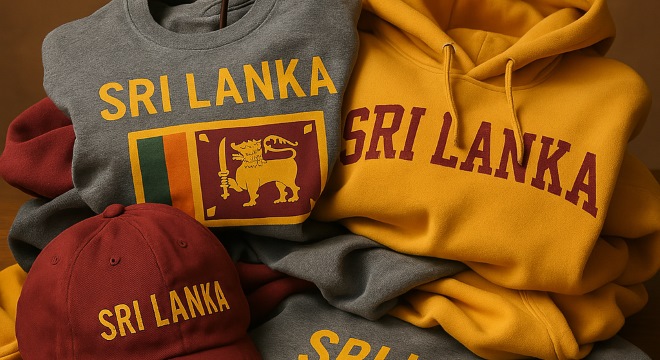
Sri Lankan Brands Call for Dramatic CESS Hike to Protect Domestic Apparel Sector
Sri Lankan apparel
brands are urging the government to impose a steep increase in the CESS levy on
imported garments. Proposal suggests raising the duty 300 to 400% to shield
local manufacturers from a flood of low-cost, often substandard imports. Former
Sri Lanka Brands Association President P. Yasotharan highlighted that imported
apparel holds 65% of the market, crowding out domestic production in a local
garment market valued at Rs 700 billion.
Level
Playing Field Demand
Current CESS adds
just Rs 50 to Rs 100 per garment. Industry leaders argue that this small levy
offers minimal protection. Increasing the rate to three or four times the
current amount could normalize import prices to local production levels.
Yasotharan emphasized that Sri Lankan brands deliver quality on par with
imported goods and can compete if the market is fair.
Impact
On Consumers and Industry
Industry fears that
unchecked cheap imports threaten both jobs and economic growth. An increase in
cess would benefit manufacturers adhering to national tax and quality norms but
may raise retail prices for consumers in the short term. Observers stress the
need for balance: higher duties must be coupled with support for local firms to
improve productivity and quality.
Next
Steps and Policy Challenges
Sri Lankan
government is yet to respond. This proposal comes amid wider economic
challenges, including recent US tariff hikes on exports. Domestic solution like
CESS adjustment is seen as a necessary step to reinforce Sri Lanka’s apparel
ecosystem. Strong policy measures and industry-government collaboration will
determine whether Sri Lanka can preserve its garment manufacturing legacy.
Former Sri Lanka Brands Association President P. Yasotharan highlighted that imported apparel holds 65% of the market, crowding out domestic production in a local garment market valued at Rs 700 billion.
If you wish to Subscribe to Textile Excellence Print Edition, kindly fill in the below form and we shall get back to you with details.












